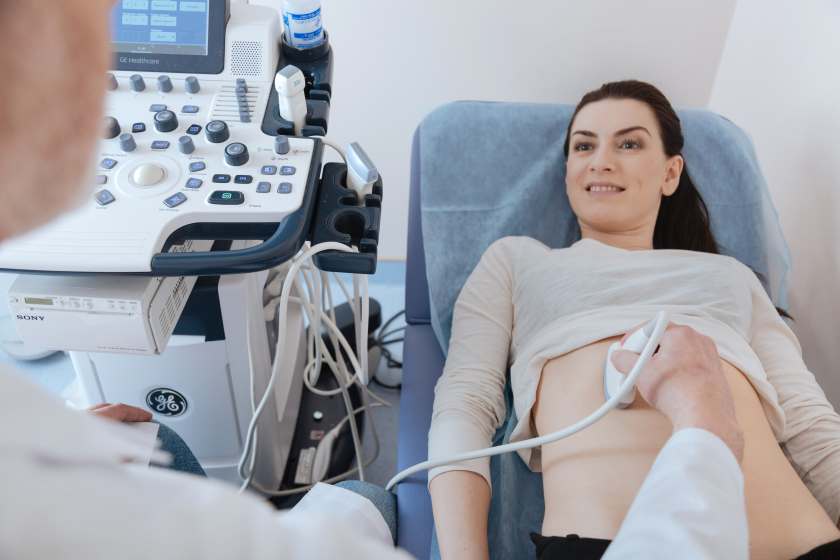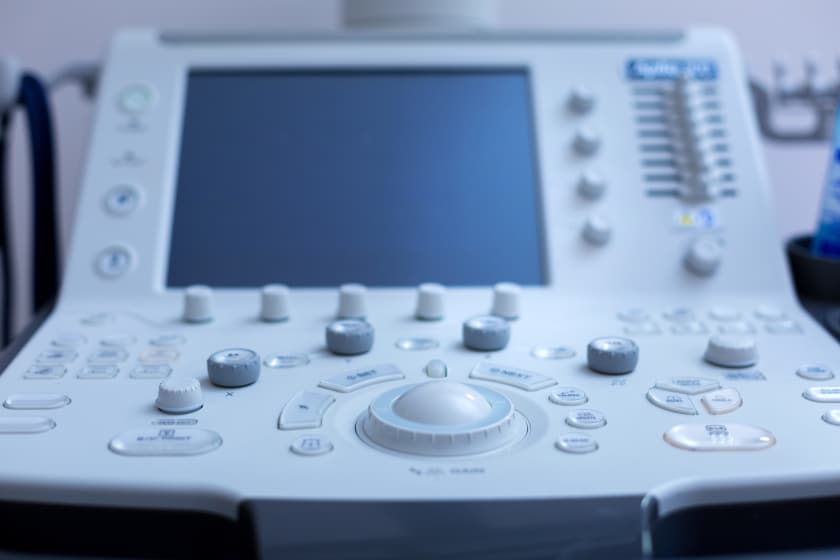The first column
It is known that patients with diabetes (DM) have an increased risk of infection, especially with influenza and pneumonia. Moreover, diabetes has previously been considered a major risk factor for mortality during the 2009 H1N1 pandemic, and more recently, the coronavirus associated with Middle Eastern coronavirus respiratory syndrome (MERS-CoV). Epidemiological studies have rapidly and consistently confirmed that diabetes is one of the major comorbidities associated with COVID-19 that affect its severity.
- one
- four
- ten
Another column
Results
- 88.5% of study participants are patients with type 2 diabetes.
- Micro- and macrovascular complications were detected in 46.8 and 40.8% of patients, respectively.
- The primary endpoint was reached by 29% of patients (95% confidence interval (CI) 26.6–31.5).
- 10.6% (95% CI 9.0–12.4) of patients died.
- 18% of patients (95% CI 16.0–20.2) were discharged on the 7th day of hospital stay.
- According to the analysis, BMI was positively associated with reaching the primary endpoint (risk ratio (RR) 1.28 (95% CI 1.10–1.47)).
- At the time of hospitalization shortness of breath (BP 2.10 (95% CI 1.31-3.35)), the number of lymphocytes (BP 0.67 (95% CI 0.50-0.88)), the level of C-reactive protein CRP (BP 1.93 (95% CI 1.43–2.59)), aspartate aminotransferase (AST) (BP 2.23 (95% CI 1.70–2.93)) were independently associated with prolonged mechanical ventilation and / or death.
- Age (BP 2.48 (95% CI 1.74-3.53)), obstructive sleep apnea syndrome (BP 2.80 (95% CI 1.46-5.38)), microvascular complications of diabetes (BP 2, 14 (95% CI 1.16–3.94)) and macrovascular complications of diabetes (BP 2.54 (95% CI 1.44–4.50)) were independently associated with death on the 7th day of hospital stay.





CORONADO is the first study to specifically examine patients with diabetes hospitalized due to SARS-CoV-2 infection. Given the data of the study, the results do not support the relationship between the severe course of COVID-19 and age, sex, diabetes, chronic complications of diabetes, hypertension. Only BMI was independently associated with reaching the primary endpoint of the study. When considering variables in terms of drug intake, shortness of breath, lymphopenia, levels of AST and CRP, all indicators were independent prognostic factors for severe COVID-19.
In order to provide physicians with criteria for assessing the risk of severity of COVID-19 at the individual level among patients with diabetes, the study authors conducted a multivariate analysis to identify prognostic factors. Because some previous studies have highlighted the potential mechanical relationships between blood glucose levels, immune status, and MERS-CoV infection, researchers have focused on studying the relationship between glucose levels and the prognosis of COVID-19. As a result, no association was found between HbA1c levels (even with the highest levels, within> 75 mmol / mol (9.0%)) or death on the 7th day of hospital stay.
Topicality
 In late 2019, a new coronavirus caused an outbreak of a mass disease in Wuhan, Hubei Province, China. The disease has become widespread, causing it to spread beyond China and around the world, causing a pandemic.
In late 2019, a new coronavirus caused an outbreak of a mass disease in Wuhan, Hubei Province, China. The disease has become widespread, causing it to spread beyond China and around the world, causing a pandemic.
It is known that patients with diabetes (DM) have an increased risk of infection, especially with influenza and pneumonia. Moreover, diabetes has previously been considered a major risk factor for mortality during the 2009 H1N1 pandemic, and more recently, the coronavirus associated with Middle Eastern coronavirus respiratory syndrome (MERS-CoV). Epidemiological studies have rapidly and consistently confirmed that diabetes is one of the major comorbidities associated with COVID-19 that affect its severity.
Thus, one study reported that the prevalence of diabetes in patients with COVID-19 was 5–20%, increasing according to the severity of the disease. Another recent study in Lombardy, Italy, showed that the prevalence of diabetes among patients with COVID-19 was 17%. In addition, the COVID-19 Hospitalization Monitoring Network (COVID-NET) reported that the prevalence of diabetes was 28.3% among hospitalized patients with COVID-19 in the United States.
More importantly, all previous studies have reported twice or three times the prevalence of diabetes inpatients in the hospital compared to other patients.
In the context of all previous studies, patients with diabetes were classified as at increased risk of developing COVID-19. However, accurate data on the characteristics of diabetes in hospitalized patients with COVID-19 are still lacking. Moreover, the association of the CD phenotype with the severity of COVID-19 remains unknown. The CORONADO study, a nationwide multicenter observational study, was conducted to determine the clinical and biological features associated with the severity of the disease and the risk of mortality among patients with diabetes.
%20(1).jpg)
Our centers
Our doctors
Our services in packages
Automatic flipping





%402x.png)
%402x.png)
